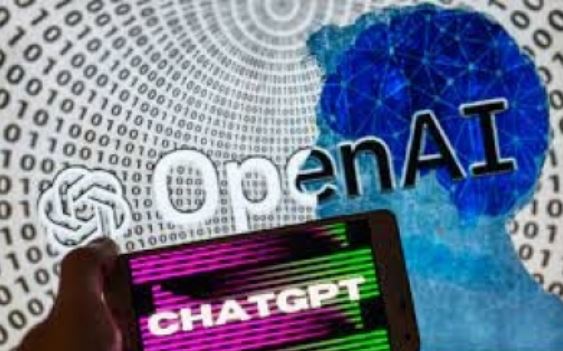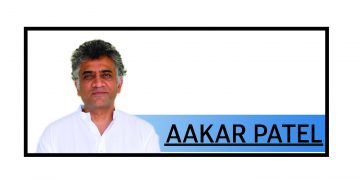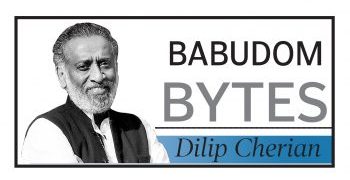New Delhi: ICRIER Chairperson and Genpact founder Pramod Bhasin describes ChatGPT as “revolutionary” and “highly productive” but advocates that companies and institutions will have to think quickly about rules and policies around the manner in which it should be used by employees at the workplace.
The tech industry veteran’s comment comes at a time when the much talked about powerful new AI chatbot tool — created by the San Francisco artificial intelligence company OpenAI — has over the past weeks exploded in popularity and grabbed headlines. It can be tasked to provide definitive answers to questions, responds to user prompts, and based on online information (as it was in 2021), it can churn out scripts, speeches, song lyrics, homework material, articles, marketing copy, classroom essays, even draft research paper abstracts.
This viral conversational AI tool has, however, left some troubled about issues of authorship and veracity of content generated, even sparked fears that, in the wrong hands, it could be used to potentially spread online misinformation quicker and more convincingly than ever before.
That said, ChatGPT has dazzled the world with its conversational skills, and triggered an AI chatbot race.
According to Bhasin, ChatGPT will be used productively in many areas. But clear disclosure and acknowledgement on its use will have to be made necessary by companies and institutions.
Bhasin who is at the helm of Indian Council for Research on International Economic Relations or ICRIER, one of India’s premier economic think tanks, said that while there are some legitimate fears around chatGPT and Artificial Intelligence (AI) but the two areas will create more employment and highly productive jobs.
Bhasin told PTI that ChatGPT is revolutionary but added in the same breath that companies, in fact all institutions, will quickly have to bring out some rules and policies on how it will be used at work, say for writing papers, making a presentation or other activities.
“Be it for work, writing a paper, making a presentation, almost every company is going to have to come out with a very quick policy on this… (the principle being) If you use it, please acknowledge it…If you use ChatGPT and don’t disclose, then it is a violation of ethics and values…Those kinds of things will have to come into every company and institution, fast,” he said.
Genpact founder and its former chief executive, Bhasin, also said governments across the world will have to mull guardrails quickly.
“Because regulation has always been way behind the technology. In this one case, because of its implication, I think governments collectively have to get together, perhaps set up a collectively taskforce to understand its implication and see what kind of minimal regulation would be required,” he said.
On the issue of outlook for the outsourcing industry, Bhasin said Indian IT companies will remain preferred option for global businesses looking at digital transformation, efficiency or cutting costs, and though the year may be a tad subdued due to global uncertainties, the effects will be short-lived.
“The more the global companies cut cost, more they will come to us. Yes, there is a slowness in decision making which may effect us somewhat. But I don’t think any of these is a major long term trend that will affect us,” Bhasin said.
For IT companies, this year maybe a “bit subdued” than the prior years due to the recession but “it will recover from that”. “If any effect, it will be minor. I do think more and more businesses will come to India. In fact what I am hearing is that line up of contract is very large as companies explore more options to get more efficient,” Bhasin said.
The prospects for the industry remain good, he believes.
Bhasin said there are visible signs to suggest that the recession in the US will not be as strong and prolonged as initially anticipated. “It will be at best a mild recession and a soft landing…Savings are still high. The US will come out of that very quickly,” he opined.
Bhasin says bigger issue is around talent crunch in India, cutting across industries.
“That is an issue, we all need to tackle quite urgently along with government because private sector cannot create enough capacities of students and talent,” Bhasin said.
PTI






































